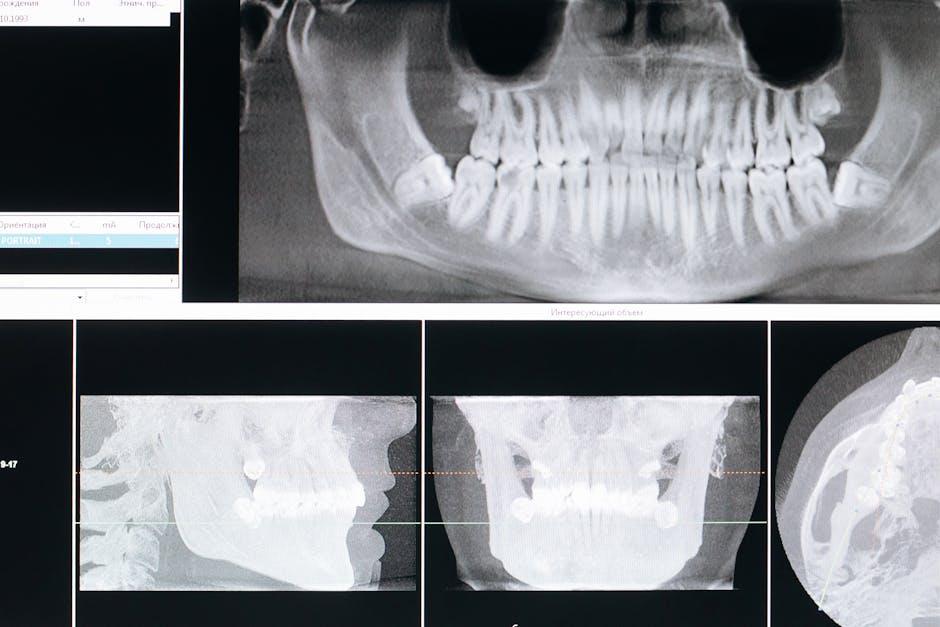
Poor Oral Health Potentially Linked To Chronic Health Problems – U.S. News & World Report
Oral health is more than just a beautiful smile and fresh breath—it can be an essential indicator of your overall health. Recent reports from U.S. News & World Report suggest that poor oral health might be linked to a range of chronic health problems, from heart disease to diabetes. This comprehensive article explores the connections between oral and systemic health, revealing why maintaining good dental hygiene is critical to your well-being.
Why Oral Health Matters Beyond Your Mouth
Most people associate oral health with cavities, gum disease, and tooth loss, but the implications stretch far deeper. The mouth can serve as a gateway to the bloodstream, meaning oral bacteria and inflammation can potentially affect other organs and systems.
- Inflammation and Infection: Gum disease causes chronic inflammation which may contribute to systemic inflammation.
- Bacterial Spread: Harmful bacteria in the mouth can enter the bloodstream, increasing risks for other health conditions.
- Immune Response: The body’s immune response to oral infections can affect organs such as the heart and lungs.
Linking Poor Oral Health to Chronic Diseases
Emerging research showcased by U.S. News & World Report highlights several chronic health problems linked to poor oral health, including:
| Chronic Disease | Connection to Poor Oral Health | Supporting Evidence |
|---|---|---|
| Heart Disease | Oral bacteria can trigger inflammation that contributes to arterial plaque buildup. | Studies show patients with periodontitis have higher rates of cardiovascular disease. |
| Diabetes | Inflammation from gum disease can worsen blood sugar control. | Gum disease linked to increased insulin resistance. |
| Respiratory Infections | Oral bacteria can be inhaled into lungs, causing infections like pneumonia. | Older adults with poor oral hygiene show higher respiratory infection risk. |
| Rheumatoid Arthritis | Inflammation in gums may trigger or exacerbate autoimmune responses. | Correlation found between periodontal disease and rheumatoid arthritis severity. |
How Gum Disease Acts as a Silent Contributor
Periodontal disease, or gum disease, is often painless in its early stages, making it a silent contributor to systemic illnesses. This inflammatory disease damages gums and bone supporting teeth, allowing bacteria to enter the bloodstream.
Here are key points about gum disease:
- Over 47% of adults over 30 have some form of periodontal disease.
- Early signs include red, swollen, or bleeding gums.
- Left untreated, it can lead to tooth loss and increase risk of other health issues.
Practical Oral Health Tips to Protect Your Overall Health
Preventing poor oral health is arguably one of the easiest ways to reduce your risk of chronic health problems. Here are some practical tips to keep your mouth and body healthy:
- Brush Twice Daily: Use fluoride toothpaste and brush for two minutes each time.
- Floss Daily: Removes plaque and food particles between teeth inaccessible by brushing.
- Regular Dental Checkups: Visit your dentist twice a year for cleanings and exams.
- Quit Smoking: Tobacco use greatly increases risk of gum disease and other illnesses.
- Limit Sugary Foods and Drinks: Reduces the chance of plaque buildup and tooth decay.
- Maintain Balanced Diet: Foods rich in vitamins and minerals support gum and tooth health.
- Manage Chronic Conditions: Keep diabetes, heart conditions, and other chronic diseases under control with medical guidance.
A Case Study Spotlight: Oral Health and Heart Disease
Consider the case of Jane, a 55-year-old woman with a history of neglected oral hygiene. Over several years, she developed moderate periodontal disease without symptoms. Jane was later diagnosed with heart disease, and her cardiologist pointed out the possible link between her poor gum health and cardiovascular condition.
After intensive dental treatment and adopting better oral care habits, Jane noticed improvements not only in her gum health but also her overall energy and well-being. This example underscores the importance of integrated healthcare, where oral health is taken seriously as part of total body health.
Expert Insights from Dental and Medical Professionals
“Oral health is a window to your overall health. By addressing periodontal disease early, we have the potential to prevent or mitigate many systemic health issues,” says Dr. Emily Carter, a periodontist based in New York.
“Educating patients about the connection between their mouth and body is critical. It empowers them to adopt habits that protect their heart, lungs, and immune system as well as their teeth,” adds Dr. Michael Lee, a primary care physician.
Conclusion
Oral health is undeniably intertwined with our general health. As reported by U.S. News & World Report, neglecting dental hygiene could increase your risk for chronic health problems such as heart disease, diabetes, and respiratory infections. The good news is that simple and consistent oral care habits can reduce these risks substantially. Prioritize your dental checkups, hygiene, and lifestyle choices to ensure your smile remains not just beautiful, but a sign of a healthy body.
Remember, your mouth is the gateway to your body—invest in its health today for a healthier tomorrow.


